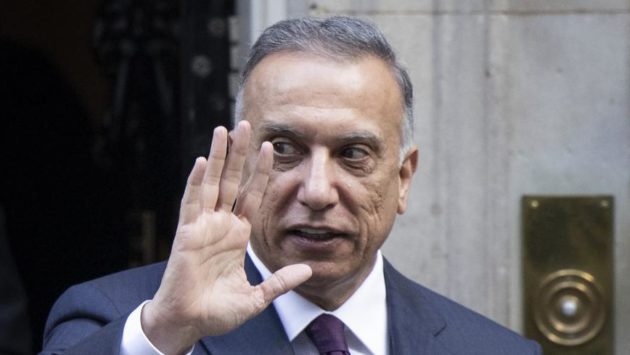Privatising Security Must not Lower Standards of Protection and Accountability – UN Rights Expert

GENEVA – OHCHR
The United Nations Special Rapporteur on extrajudicial, summary or arbitrary executions, Christof Heyns, today has called for greater scrutiny and accountability of the use of force by private security providers in law enforcement activities.
“The unregulated or improper use of force by private security providers can severely jeopardize the protection of the right to life,” Mr. Heyns warned in his final report* to the UN Human Rights Council.
“States must ensure their laws regulating private security –both in their conduct domestically and overseas– are in line with international human rights standards and best practice regarding the use of force, and must ensure that such providers are subject to meaningful oversight and accountability,” he stressed.
The expert recognized that private security services provide some benefits, but cautioned that, at the same time, the sector presents major challenges. “Since States are primarily responsible for human rights fulfilment, the increasing movement toward the privatization of security raises questions as to roles, responsibilities, and ultimately accountability in relation to human rights violations and abuses.”
Security provision has become a global marketplace, with private security providers guarding shopping malls, providing security during public demonstrations, running prisons and detention centres, training armed forces and police, escorting convoys and ships, providing personal security for diplomats, and offering many other services.
“Some of these companies are employing hundreds of thousands of people in more than a hundred countries,” Mr. Heyns noted. “That makes them not only significant economic actors in their own right, but also powerful agents for the greater protection of human rights in a law enforcement context.”
In his report, the Special Rapporteur outlines the legal framework within which private security providers should operate, and the steps that should be taken to regulate the industry, monitor its conduct, and hold it accountable when infractions occur.
“With respect to the use of force, it is vital that adequate training and equipment be provided, that operations are, where applicable, planned in such a way as to avoid as far as is possible the use of force, and that, where it must be used, force is proportionate,” Mr. Heyns said.
The Special Rapporteur reminded States that regulation of the private security sector should establish robust standards for vetting and training, both before certification, and on a continuing basis, alongside strict control of the weapons and other equipment available to private security personnel.
“After any use of force there should be some form of review, with a full investigation wherever life has been lost or serious injury inflicted, and accountability mechanisms in place where such an investigation suggests the use of force may have been unlawful, including remedies for victims,” he stressed.
The Special Rapporteur also noted that full accountability may often require corporate liability. “Corporations should not be able to avoid responsibility for intentional or grossly negligent excessive force resulting in death or serious injury, simply by demonstrating that their employee was appropriately selected and trained,” the expert stated. “Without a strict standard of liability, victims will often have no effective recourse, as the individual perpetrator is often devoid of means.”
Mr. Heyns also expressed his concern about internal grievance mechanisms that encourage victims of serious violations to sign waivers of their legal rights to redress in order to benefit from swift resolution of the grievance.
The Special Rapporteur praised multi-stakeholder initiatives aimed at setting standards for the industry, particularly in complex environments where other mechanisms of control and oversight are weak.




